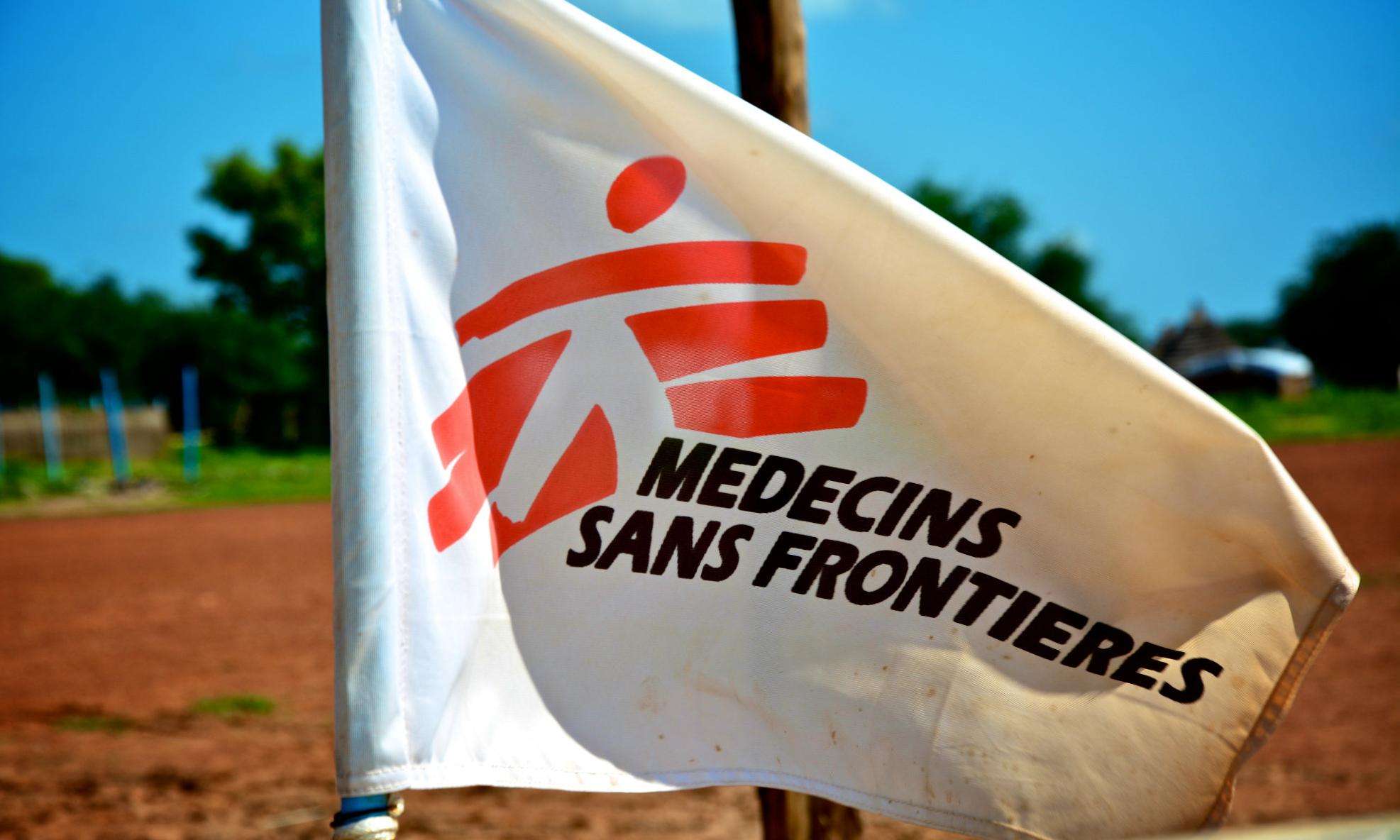MSF Calls for the US and the UK to Carry Out Investigations
New York/Paris, January 31, 2003 – In reaction to the final report published this week by the Dutch Parliamentary Commission of Inquiry into the Srebrenica massacre of 1995, the international medical organization Doctors Without Borders/Médecins Sans Frontières (MSF) called for questions unanswered by the report to be taken up further in inquiries by Britain and the United States.
Eight years after the fall of the Srebrenica enclave and the massacre of more than 7,000 persons supposedly under United Nations (UN) protection, crucial issues have still not been resolved in inquiries by the UN, France, and, now, the Netherlands. MSF, having had a medical team working in the enclave, believes that the UN's failure in Srebrenica has not been adequately explained.
Most significantly, the reasons that led General Janvier, commander of the United Nations Protection Force in Yugoslavia (FORPRONU), to refuse NATO air strikes remain obscure. Such strikes had been called for in July 1995 by the Dutch UN battalion in order to halt the Serb offensive against the Srebrenica enclave and protect the civilian population. The Dutch report does clear up some of the ambiguities that remained after the French parliamentary inquiry. Notably, the report reaffirms that all the conditions were met for an air strike and concludes that the decision to not use air power is the responsibility of General Janvier.
However, the report does not furnish any explanation of what led to the decision. The Dutch parliamentarians restrict themselves to commenting that "uncertainty remains concerning the motivations of General Janvier" and that "his decision was met with incomprehension from his team." MSF also regrets that the French authorities did not allow General Janvier to testify in front of the Dutch parliamentary commission.
Questions remain about what negotiations could have led to the decision by the UN to abandon Srebrenica. Was there an agreement on the liberation of UN soldiers held hostage, or was the decision part of a deal under the peace negotiations being conducted by the Contact Group?
In accordance with the UN report on the fall of Srebrenica, which requested that all concerned member states carry out national inquiries, MSF calls on the United States and Great Britain, both of whom played major roles in the military and diplomatic management of the Bosnian conflict, to carry out open, public investigations of the fall of Srebrenica.
MSF believes that such inquiries can lead to increased protection for civilians. The failure in Srebrenica, where the deployment of military forces with a purely humanitarian mandate, made them incapable of opposing criminal policies against civilians, must never be repeated.







